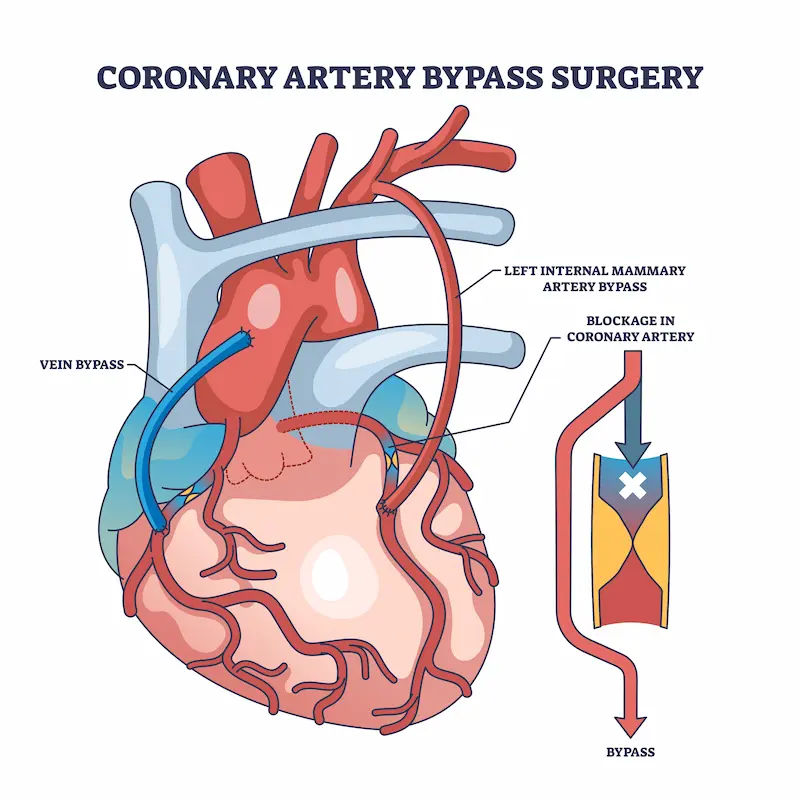- Male
- 65 Years
- 29/01/2025
I'm kind of worried about stopping Aspirin because I've been dealing with some stomach issues, and the doctor told me it might be gastritis. They said I should stop taking Aspirin and just stick with clopidogrel. I'm also a bit concerned because my platelet count came back at 110,000. Should I be thinking about a lower dose of Aspirin, like 50 or 25 mg, instead of stopping it altogether? Does that sound safer for someone with my heart condition?
Answered by 1 Apollo Doctors
Given your medical history and current condition, it is important to follow your doctor's advice to discontinue Aspirin and continue with Clopidogrel only. Aspirin is known to increase the risk of gastrointestinal issues, such as gastritis, which you experienced recently. Clopidogrel is a suitable alternative antiplatelet medication that can be used in place of Aspirin to prevent blood clots after procedures like PTCA. It is effective in reducing the risk of heart attack and stroke. Therefore, it is safe to discontinue Aspirin and rely on Clopidogrel for your cardiac health. It is not recommended to switch to a lower dose of Aspirin in your case.
Dr. Shubham Suggests...
Consult a Cardiologist
Answered 04/07/2025
0
0

More Cardiology Health Queries
View allI'm a 39-year-old guy and I used to do a lot of sports about 20 years ago. Last May, I had an angiogram that showed a myocardial bridge in my mid LAD, causing 30% systolic narrowing. The doctor said it's nothing serious and pretty normal, but sometimes I still get chest pain and it even goes down my left arm. This pain usually kicks in during the evening and can last through the night. It's weird because it happens in phases, like I'll have it for about 10 days, then it'll disappear for a month or so, only to come back again. I went to see a gastroenterologist too and they think I might have GERD. I had an upper GI endoscopy and they found an H. Pylori infection, so they put me on pantoprazole. That helped a bit, but I still get the chest pain sometimes. I'm anxious a lot, and the doctors mentioned that might be making both the pain and the GERD worse. The heart doctors say the angiogram was normal and that's the gold standard, so they're not worried. I've started exercising, doing yoga, changed my diet, and managed to lose about 5kg. I even cut down on smoking to just one cigarette a day. What do you think might be going on here with this recurring pain?
You are doing great and no need to worry continue the same and have a regular follow up with your doctor
Answered by 1 Apollo Doctors
I've been dealing with high blood pressure for the last six years, and I'm currently taking Olmesar 20 H. This past week, my blood pressure readings have been fluctuating between 13590 and 14595. What can I do to help lower my blood pressure? I'm a bit concerned about these numbers.
It seems like your blood pressure is slightly elevated despite taking Olmesar 20 H. To help lower your blood pressure, you can try increasing your physical activity, reducing your salt intake, maintaining a healthy weight, and managing stress. In addition, you may need a change in medication dosage or a different medication. I recommend consulting your doctor to adjust your treatment plan.
Answered by 1 Apollo Doctors
I'm really concerned because I've been experiencing this chest pain in the lower zones on both sides for about 8 months now. I got an X-ray done, and I have the report. There haven't been any other symptoms like fever, cough, or breathing problems, but I'm still worried. What could this be and what should I do next?
Tab Azithromycin 500mg,orally.once daily for 5 days is advised,tab pan ,orally,once daily and tab paracetamol 500mg sos for fever is advised to the patient.
Answered by 1 Apollo Doctors
Disclaimer: Answers on Apollo 247 are not intended to replace your doctor advice. Always seek help of a professional doctor in case of an medical emergency or ailment.




